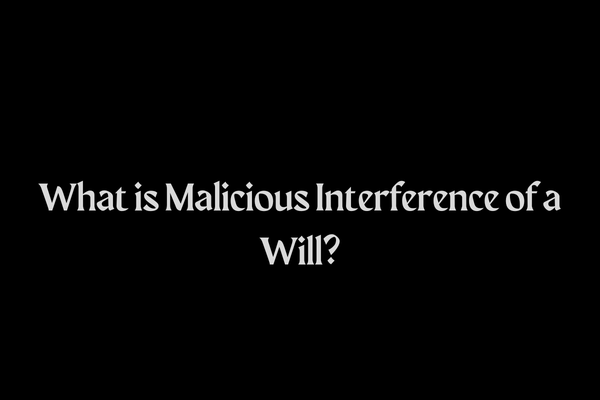It’s no secret that you can challenge a will in NC. However, challenging a will, also known as a
caveat proceeding, just invalidates a will. It doesn’t provide redress for other harms created by the person who may have unduly influenced the maker of the will (Testator). For that, and other actions that interfere with an inheritance, NC has recognized a cause of action called Malicious and Wrongful Interference with the Making of a Will. The cause of action is considered to be a “tort.” Torts aren’t delicious pastries but legal wrongdoings.
Other than being a mouthful, it may also be a very valuable avenue to seek redress for legal harms done by an offending family member. But the existence of this remedy begs a couple of questions:
- What are the elements of Malicious and Wrongful Interference with
the Making of a Will? In other words, how do you prove your case?
- Must a will caveat be filed prior to seeking any tortious remedy or can the claim be brought independently?






